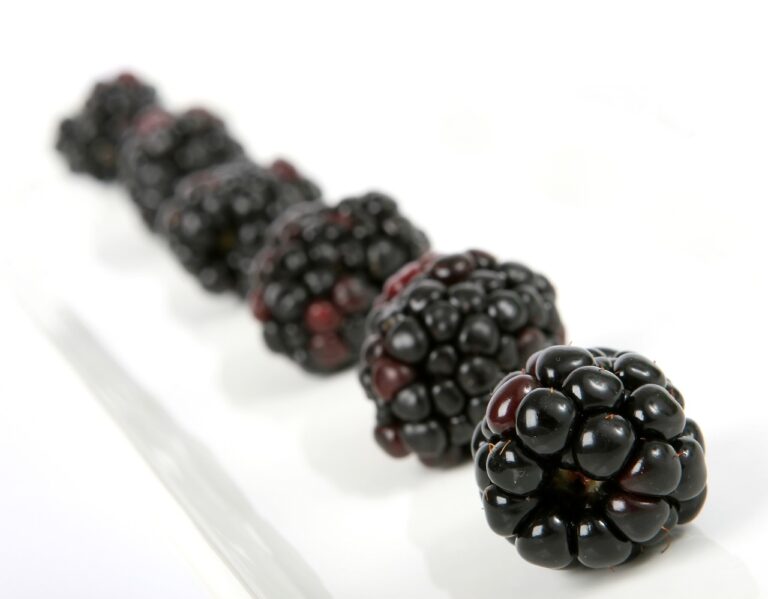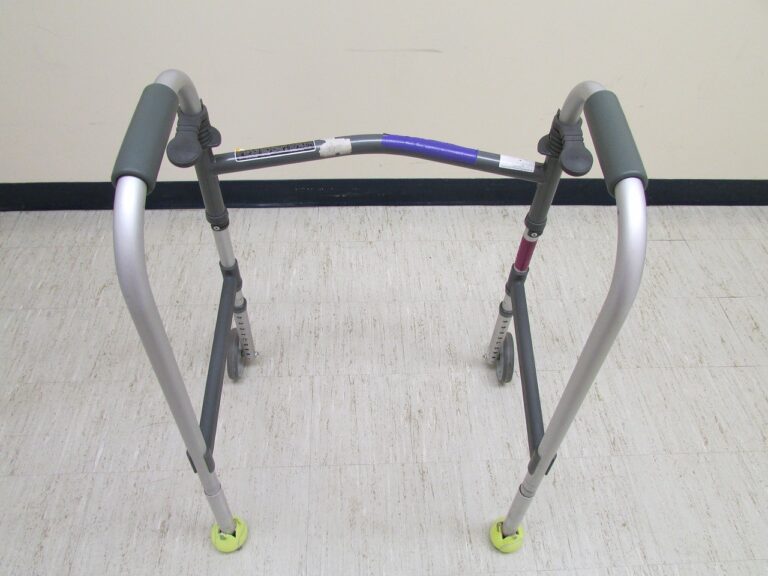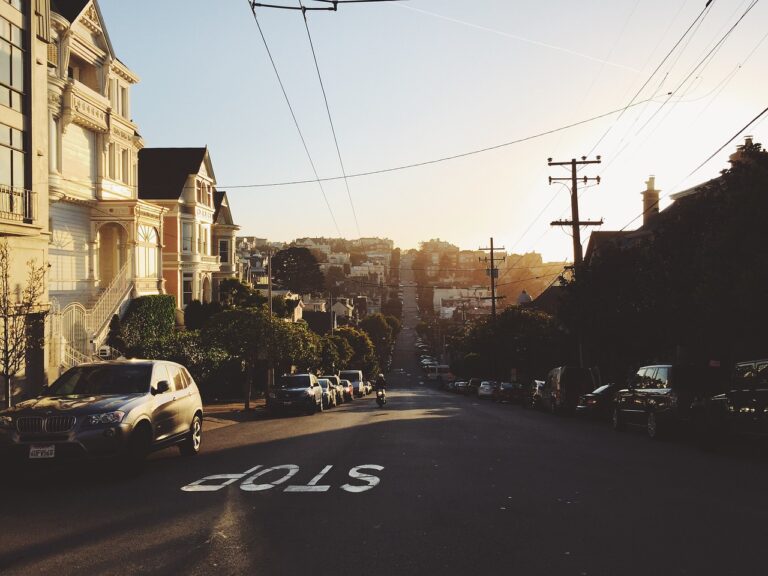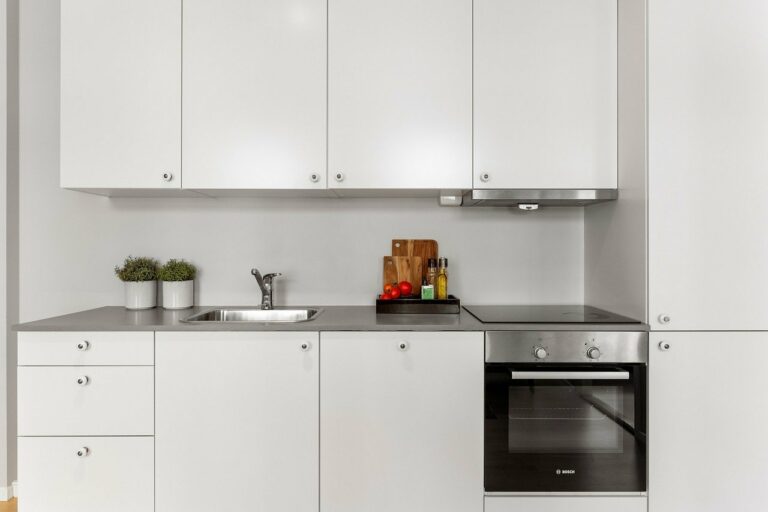Creating a Sustainable Vegetable Garden: Organic Farming in Your Backyard
Organic farming is a sustainable agricultural practice that relies on natural processes to cultivate crops and raise livestock. Instead of synthetic chemicals, organic farmers use natural fertilizers, compost, and beneficial insects to promote healthy soil and plant growth. By avoiding the use of synthetic pesticides and herbicides, organic farming aims to preserve the environment, protect biodiversity, and ensure the health and well-being of both consumers and farmworkers.
Through organic farming, farmers focus on enhancing the health of the soil by rotating crops, using cover crops, and practicing crop diversity. This approach helps to improve soil structure, increase water retention, and foster nutrient-rich soil, ultimately leading to healthier plants and higher yields. Organic farmers also prioritize animal welfare by providing livestock with access to open spaces, fresh air, and a natural diet, ensuring the animals are raised in humane conditions.
• Organic farming relies on natural processes to cultivate crops and raise livestock
• Natural fertilizers, compost, and beneficial insects are used instead of synthetic chemicals
• Avoids the use of synthetic pesticides and herbicides to preserve the environment and protect biodiversity
• Focuses on enhancing soil health through crop rotation, cover crops, and crop diversity
• Prioritizes animal welfare by providing access to open spaces, fresh air, and a natural diet
Benefits of Growing Your Own Vegetables
Growing your own vegetables comes with a myriad of benefits. The most obvious advantage is the superior freshness and flavor of homegrown produce. Nothing compares to the satisfaction of picking a ripe tomato or a crisp cucumber straight from your garden and incorporating it into your meal immediately.
In addition to the taste, growing your own vegetables allows you to have full control over the cultivation process. You can ensure that no harmful pesticides or chemicals are used, thereby creating a healthier and more nutritious option for you and your family. Moreover, this hands-on approach promotes a deeper connection to the food you consume and the environment it comes from.
Selecting the Right Location for Your Garden
When choosing the perfect spot for your garden, it is imperative to consider the amount of sunlight the area receives. Most vegetables thrive in full sun, which is typically around 6-8 hours of direct sunlight each day. It is essential to observe the sunlight patterns in your yard and select a location that receives adequate sunlight for the types of vegetables you plan to grow.
In addition to sunlight, it is crucial to assess the soil quality of the potential garden location. Vegetables require nutrient-rich soil with good drainage to grow successfully. Conduct a soil test to determine the pH level and nutrient content of the soil in the area you are considering for your garden. If the soil is lacking in nutrients, you may need to amend it with compost or organic fertilizers to create a suitable growing environment for your vegetables.
Why is selecting the right location for your garden important?
Selecting the right location for your garden is important because it can affect the growth and productivity of your plants. Factors such as sunlight, soil quality, and drainage all play a crucial role in determining the success of your garden.
How can I determine the right location for my garden?
When selecting a location for your garden, consider the amount of sunlight the area receives, the quality of the soil, and the availability of water. Ideally, you want a spot that gets at least 6-8 hours of sunlight per day, has well-draining soil, and is easily accessible for watering.
What are some common mistakes to avoid when choosing a location for my garden?
Some common mistakes to avoid when selecting a location for your garden include choosing a spot with poor drainage, planting in an area with too much shade, or selecting a location that is difficult to access for watering and maintenance.
Can I still have a successful garden if I have limited space or live in an urban area?
Absolutely! Even if you have limited space or live in an urban area, you can still have a successful garden. Consider using containers or vertical gardening techniques to maximize your space and grow a variety of vegetables and herbs.
Are there any resources available to help me determine the best location for my garden?
Yes, there are many resources available to help you determine the best location for your garden. You can consult with local gardening experts, use online tools to assess sunlight and soil quality, or visit your local nursery for advice on selecting the right location for your garden.







